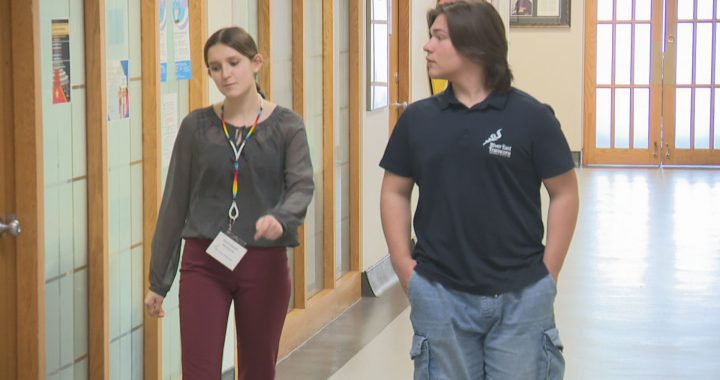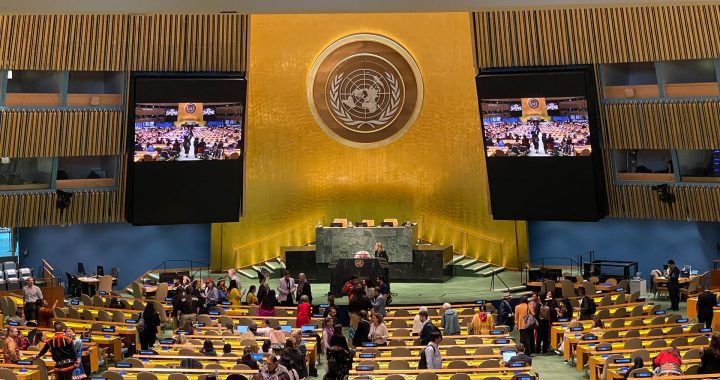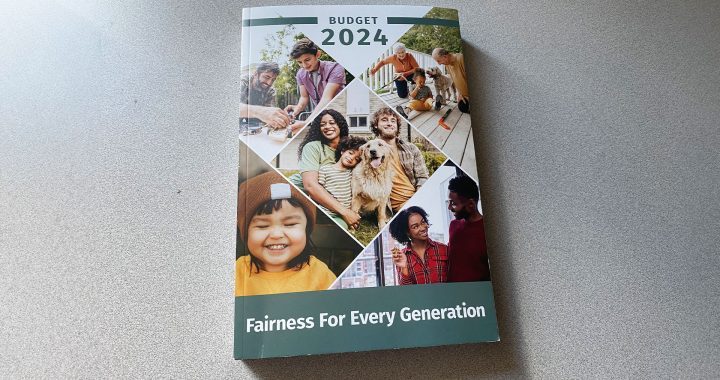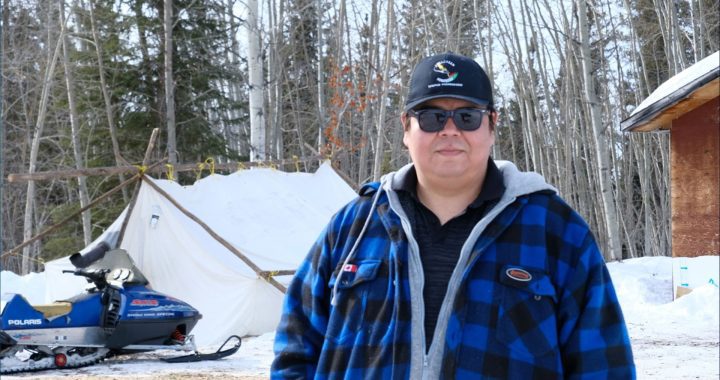APTN National News
OTTAWA–A First Nation Conservative says opposition politicians don’t believe First Nations people are good enough to make speeches in the House of Commons.
During a debate Monday on a Liberal motion calling on the House of Commons to get rid of the Indian Act, Saskatchewan MP Rob Clarke, who is a Muskeg Lake First Nation member, said opposition politicians continue to take a “paternalistic approach” to dealing with First Nations people like him.
“It’s the same paternalistic approach that the opposition always portrays on First Nations,” said Clarke, a former RCMP officer. “That we are no good to be able to provide speeches in the House of Commons.”
Clarke made the statement after an NDP MP interrupted his speech arguing he was getting off topic.
The debate on the motion, introduced by interim Liberal leader Bob Rae, comes on the heels of last Thursday’s debate on Clarke’s private members bill to repeal and replace sections of the Indian Act which has the full backing of the Harper government.
The Liberal motion calls on the House of Commons to initiate a two year process to explore replacement of the Indian Act with new, nation-to-nation agreements between Canada and First Nations based on the inherent and treaty rights of First Nations.
The Conservatives, who hold the majority of seats in the House, indicated they wouldn’t support the motion meaning it will be defeated on the eventual vote.
“This motion does nothing to improve the lives of First Nations,” said Clarke. “While my bill takes incremental and concrete steps to get First Nations people out from under the Indian Act in its entirety.”
Rae, however, said the Harper government’s approach to changing pieces of the Indian Act using Clarke’s bill doesn’t go far enough and he called on the government to support the motion and forge a new relationship with First nations.
“The way we have to deal with this is get back to a fundamental fact,” said Rae. “There were people here before Europeans arrived, there were communities here before Europeans arrived…there were laws that existed before Europeans arrived…this land was not terra nullius.”
Rae’s motion calls on the government to initiate direct engagement with First Nations within three months of the motions passing. The engagement would be “on a nation-to-nation basis,” says the motion.
“The Indian Act is the embodiment of failed colonial and paternalistic policies which have denied First Nations their rights, fair share in resources; fostered mistrust and created systemic barriers to the self determination and success of First Nations,” says the motion.
The motion calls for a new agreement to replace the Indian Act based on “the constitutional, treaty and inherent rights of all First Nations” and “the historical and fiduciary responsibilities of the Crown to First Nations.” The motion says the new agreement would also follow the standards of the United Nations Declaration on the Rights of Indigenous Peoples, “including the principle of free, prior and informed consent.”
The motion sets a two year process that would produce “a series of concrete deliverables for the government to act upon.”
The Conservative government, however, unveiled its plan last Thursday to unravel and eventually replace the Indian Act beginning with Clarke’s private members bill.
The proposed Bill C-428, the Indian Act Amendment and Replacement Act would strike down several sections of the Indian Act including those dealing with residential schools, wills and estates and band bylaws.
The Conservative’s “path” to eventually replace the Indian Act was revealed in Clarke’s speech delivered during first debate on the bill Thursday evening. The path was dubbed by the acronym “ARRC,” which stands for amend, repeal, replace and consult.










I’m presuming that this motion will use a concensous structure involving every person of 1st nations ancestry’s, (pre-canadian), right to individual self determination. In other words the common person must be individually informed in order to make an educated decision as a united 1st Nations people. This involves all aboriginal sectors.
Shouldn’t it actually read CARR?
Never trust what a collaborator wants to do. He’s just the mouthpiece of the colonizer.
Consult should be the first step… not the fourth